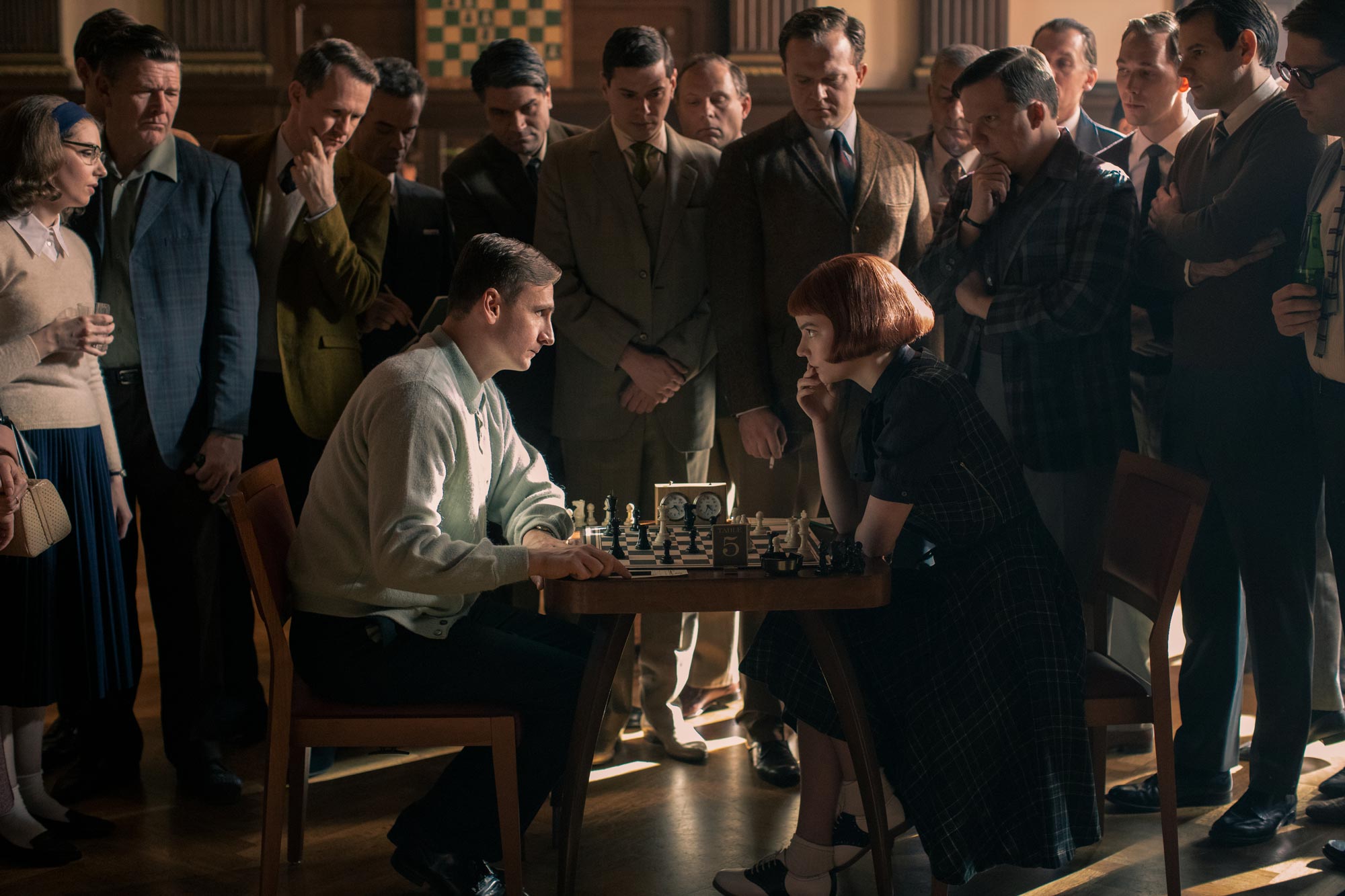As an avid chess player, the hit Netflix show “The Queen’s Gambit” struck a chord with University of Virginia first-year student Vivian Cao-Dao. But the scenes that really hit home came at the beginning of the miniseries, when main character Beth Harmon would travel on weekends with her mother to play in tournaments.
Growing up in Centreville, Cao-Dao experienced something similar when her parents would take her and her older brothers to tournaments throughout the world.
One of Cao-Dao’s highlights was winning her section of an all-girls tournament in Chicago. Another came as a sixth-grader when she competed at an event in Dubai.
“The support and excitement of Beth’s mom when they started to travel for tournaments was the same energy my parents had,” Cao-Dao said. “Every time we got to travel to a new state or country for a tournament, my parents absolutely loved the opportunity.”
Cao-Dao started at UVA in the fall, and quickly joined the UVA Chess Club.
Soon after, “The Queen’s Gambit” craze swept the world.
The seven-episode show ranked No. 1 in 63 countries, and with more than 62 million viewers is Netflix’ most-watched scripted miniseries ever.
In its aftermath, UVA Chess Club President Kyle Goldrick said he has been deluged by students interested in joining the club.
“I think that the show’s popularity, along with the availability of chess on the internet, has allowed many people to be introduced to the game in a much smoother manner than was available in the past, when chess wasn’t as in fashion as it currently is,” said Goldrick, a second-year student from Jamison, Pennsylvania.
Goldrick added: “As of last semester I would guess that the UVA Chess Club is about 90% male, but over the past few months since the show’s release there has been an influx of female students reaching out with interest of becoming a part of the club.”

Cao-Dao began playing chess around the age of 7 with her older brothers. (Contributed photo)
Since the show’s release, Cao-Dao said she has had several people ask her how they can learn to play.
“It’s exciting to see the game get the hype it finally deserves!” Cao-Dao said.
UVA Today caught up with Goldrick and Cao-Dao to learn more about their personal experiences in chess, how the Chess Club has been affected by the pandemic and what they really think of “The Queen’s Gambit.”
Q. How did you get into chess? How old were you at the time and what do you love about it so much?
Goldrick: I was introduced to chess while I was in kindergarten by a teacher in the afterschool program of my elementary school. I enjoy the exponentiality of the game. I’ve been playing consistently for more than 10 years and rarely do two games look the same.
Cao-Dao: My whole family plays chess and I was taught by my dad and older brothers when I was 7 or 8 years old. When starting out, I was only interested because my brothers were better than me and it was fun playing with them. Now I play because of the opportunity to travel and meet players from all over the world. I have met some of my close friends through chess and the community is so supportive.
Q. As a chess player, are there specific scenes or episodes from “The Queen’s Gambit” that you really like or resonate?
Cao-Dao: When Beth loses at her first U.S. Open or against the Russian player, you can feel her frustration as the game progressed and the experience resonated with me. Everything from her body language to her defeated look at the board, the feeling is universal among all chess players. While I have never played games with such high stakes, once you start losing, it is easy for the rest of the game to go downhill.
On a more positive note, [I liked] the support and excitement of Beth’s mom when they started to travel for tournaments.











